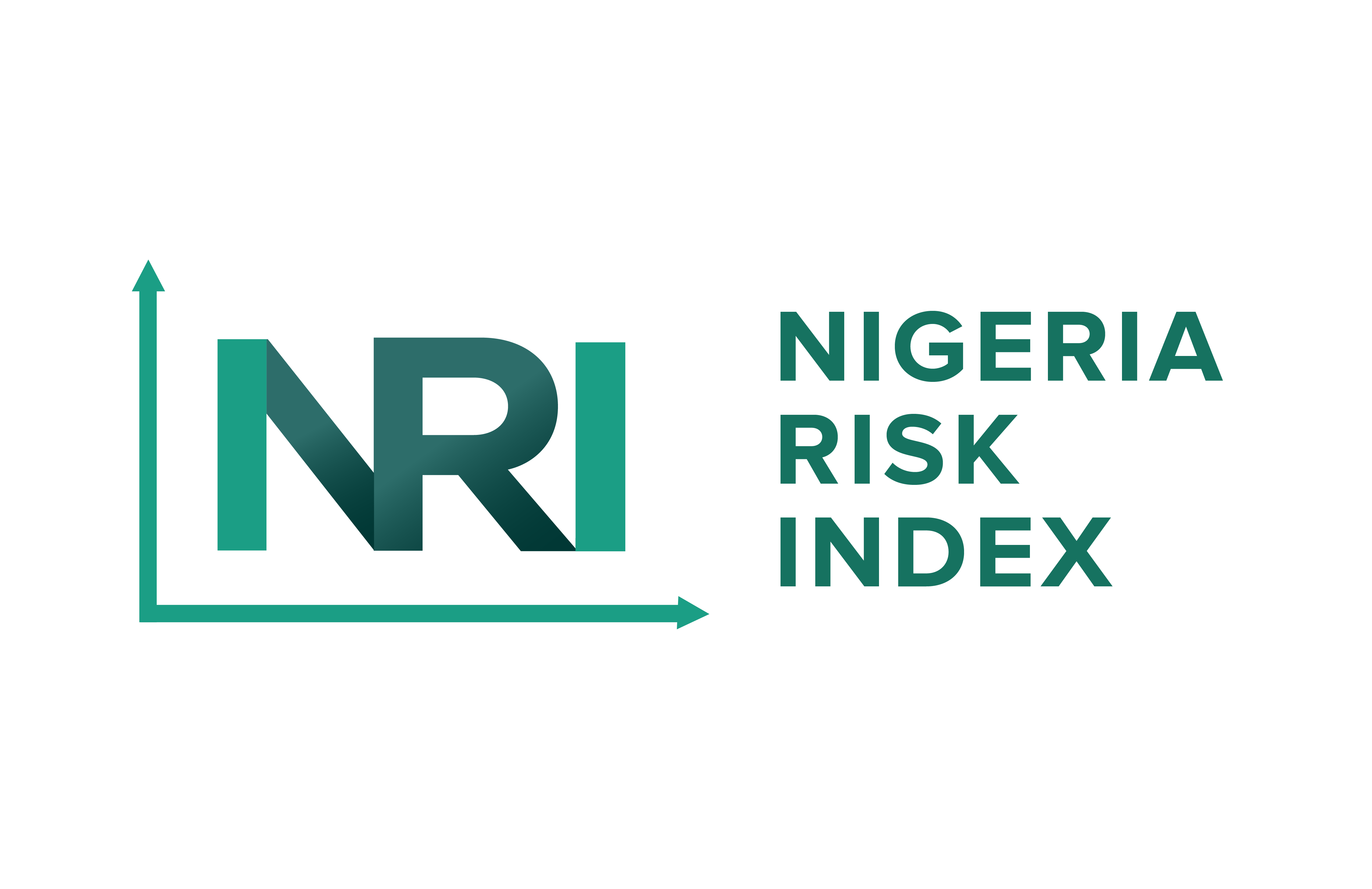Insights
As of April 2025, Nigeria continues to grapple with high inflation and a volatile exchange rate, both of which have emerged as major threats to business sustainability. The inflation rate, currently hovering around 33.2% according to the National Bureau of Statistics, is driven by food price surges, energy cost increases, and structural inefficiencies in domestic production and supply chains. For businesses, the impact is twofold: rising operational costs and reduced consumer purchasing power.
The removal of fuel subsidies in mid-2023, though considered a long-overdue reform, triggered a wave of price increases across sectors. By early 2025, transportation costs had nearly doubled, and electricity tariffs have been adjusted to reflect cost-reflective pricing, compounding input costs for manufacturers and service providers. Meanwhile, consumer demand has become more price-sensitive, with households cutting back on discretionary spending.
Compounding inflation is the continued depreciation of the naira. Following the Central Bank of Nigeria’s move towards a more market-determined exchange rate, the naira has struggled to stabilise, trading between ₦1,350 and ₦1,450 per dollar in official and parallel markets. The persistent mismatch between foreign exchange demand and supply has constrained import-dependent industries and made pricing decisions increasingly unpredictable. For companies reliant on imported raw materials, machinery, or technology, budgeting and contract management have become significantly more complex.
These economic pressures have also affected investor sentiment. Foreign direct investment inflows have slowed, with many multinationals opting for a wait-and-see approach or scaling down operations. Local businesses face difficulties securing affordable credit, as monetary tightening by the CBN has pushed interest rates above 22%, making capital expansion a challenge for even medium-sized enterprises.
In response, businesses are advised to partner with credible security firms in Nigeria with real-time intelligence resources and train staff to stay afloat. Long-term stability will depend on deeper macroeconomic reforms, including increased productivity in agriculture and manufacturing, foreign exchange market transparency, and improved fiscal discipline.
Until inflation is tamed and the naira regains credibility, Nigeria’s economic outlook will remain clouded, with direct implications for business forecasting, investment planning, and consumer behavior.

The Risk Control Team
